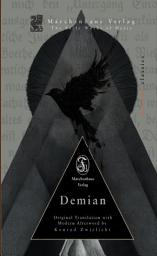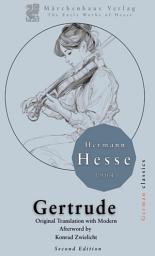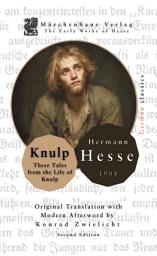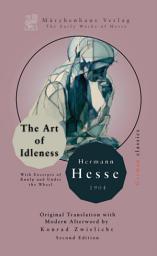The Early Works of Hermann Hesse
Latest release: January 1, 1973
Metaphysics
Series
41
Books
About this ebook series
Set in a repressive Württemberg seminary, this autobiographical novel follows his essay The Art of Idleness and later novel Knulp and excoriates educational systems that crush youthful vitality. Published by S. Fischer Verlag, it follows Hans Giebenrath’s psychological disintegration under paternal and pedagogical pressures, his tragic fate underscoring the dehumanizing effects of institutionalized ambition. This is deeply autobiographical, as Hesse did not enjoy school or the educational system at all. The narrative’s unsparing critique of authoritarianism drew controversy, with critics accusing Hesse of undermining educational discipline. Under the Wheel remains a seminal indictment of pedagogical brutality, its portrayal of adolescent despair echoing contemporaneous Freudian theories of repression. The novel’s austere prose and unrelenting pessimism mark a departure from Hesse’s earlier romanticism, signaling his shift toward socially engaged literature. Modern educators still grapple with its warnings about the costs of intellectual regimentation. Though Beneath the Wheel did not attain the same immediate popularity as Peter Camenzind, it solidified Hesse’s standing in German literature and has since become a classic in its own right. Its frank examination of the harms of academic overdrive was ahead of its time, resonating with generations of readers (especially students) who feel similarly “under the wheel” of expectation. This new edition features an original translation of Hesse's early work, making his philosophical, existentialist literature accessible to modern readers from the original Fraktur manuscripts. Enhanced by an illuminating Afterword focused on Hesse's personal and intellectual relationship with Carl Jung, a concise biography, a glossary of essential philosophical terms integral to his writings (his version of Jungian Psychological concepts) and a detailed chronology of his life and major works, this robust edition introduces the reader to the brilliance of his literature in context. It not only captures the depth and nuance of Hesse’s thought but also highlights its enduring impact on the debates of the mid-20th century, contemporary culture and Western Philosophy across the 20th and into the 21st century.



















